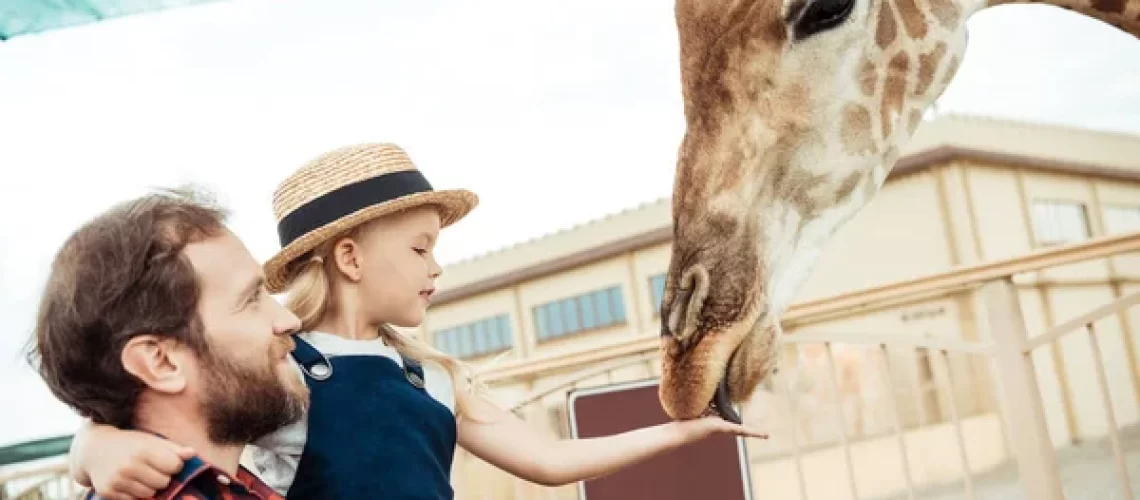Because so many sites are near downtown, Knoxville is a joy to explore, even on foot. There is plenty to keep visitors occupied, from the restaurants and shops focused around Market Square to the museums and sites extending out from World’s Fair Park. Visit the Sunsphere for 360-degree views of downtown Knoxville to get a sense of the area. The Great Smoky Mountains are only about an hour away if you want to get out of town.
1.) Visit The Knoxville Market Square
Market Square has been a community hub in Knoxville since the 1860s, with stores, restaurants, cafes, and bars attracting both locals and visitors. It’s a vibrant and fun spot to roam around, with plenty of places to eat or just hang out, according to recent visitors.
2.) Explore World’s Fair Park
The Sunsphere and the Tennessee Amphitheater, the two remaining structures from the 1982 World’s Fair, are now located in the site, which was once the fairgrounds of Knoxville’s 1982 World’s Fair.
3.) Enjoy Nature at Ijam’s Nature Center
This nature park, which spans more than 300 acres in Knox County, Tennessee, offers lots of rock climbing options as well as more than 10 miles of walking and hiking paths. The center’s exhibit hall is also home to a variety of non-releasable creatures, including owls and snakes. You can learn more about some of the animals that reside in the area’s ecosystems and how to detect them while you visit.
4.) The Muse Knoxville
Muse Knoxville, the city’s children’s museum, has a number of STEAM-related displays (Science, Technology, Engineering, Arts and Math). In addition to a planetarium, the museum has interactive exhibits that teach children about sound science, the circulatory system, and horticulture, among other things.
5.) The Knoxville Zoo
This 53-acre zoo is home to over 700 species and is a fun place to visit for both youngsters and animal lovers. The zoo’s red pandas are a prominent attraction; the zoo has produced more than 100 red pandas than any other location on the planet.
6.) James White’s Fort
James White, an American pioneer and soldier who founded Knoxville, is honored in this museum. He conducted an excursion into the upper Tennessee Valley in 1783, laying the foundations for what would become Knoxville. The fort was selected as the capital of the Southwest Territory in 1790. White sold the land and donated lots the following year to construct a permanent community.
7.) The Knoxville Museum of Art
The Knoxville Museum of Art features both permanent and temporary exhibits that emphasize the art and artists of East Tennessee. The museum’s permanent exhibit is “Higher Ground: A Century of the Visual Arts in East Tennessee.”
8.) McClung’s Museum of Natural History and Culture
This museum, which is located on the campus of the University of Tennessee in Knoxville, features displays on everything from Tennessee’s native peoples to “Monty,” a 2,400-pound, 24-foot-long bronze skeleton of a hadrosaur (duck-billed dinosaur) that once roamed the state’s coastal plains.
9.) The Knoxville Botanical Garden and Arboretum
This 47-acre property was once a private family-owned horticulture company, dating back to 1786. The Knoxville Botanical Garden and Arboretum was established in 2001. Eight showcase gardens, including a butterfly meadow, strolling trails, and 2 miles of unusual stone walls, are now open to the public.
10.) Blount Mansion
Blount Mansion, a National Historic Landmark, was built in 1792 and was the house of William Blount, the first and only governor of the Southwest Territory. The structure also served as the territorial capital. Blount was a signer of the United States Constitution and was instrumental in Tennessee becoming the country’s 16th state.
11.) UT Gardens Knoxville
The official botanical gardens of the state of Tennessee, which are part of the UT Institute of Agriculture, have over 4,000 annuals, perennials, herbs, tropical plants, trees, shrubs, vegetables, and ornamental grasses. The numerous gardens and greenhouses are connected by scenic walking pathways.
12.) Museum of East Tennessee History
This downtown museum has a permanent collection of almost 13,000 objects. Decorative arts, textiles (particularly quilts), and Civil War relics from both the Union and Confederate forces are among the items on display.

